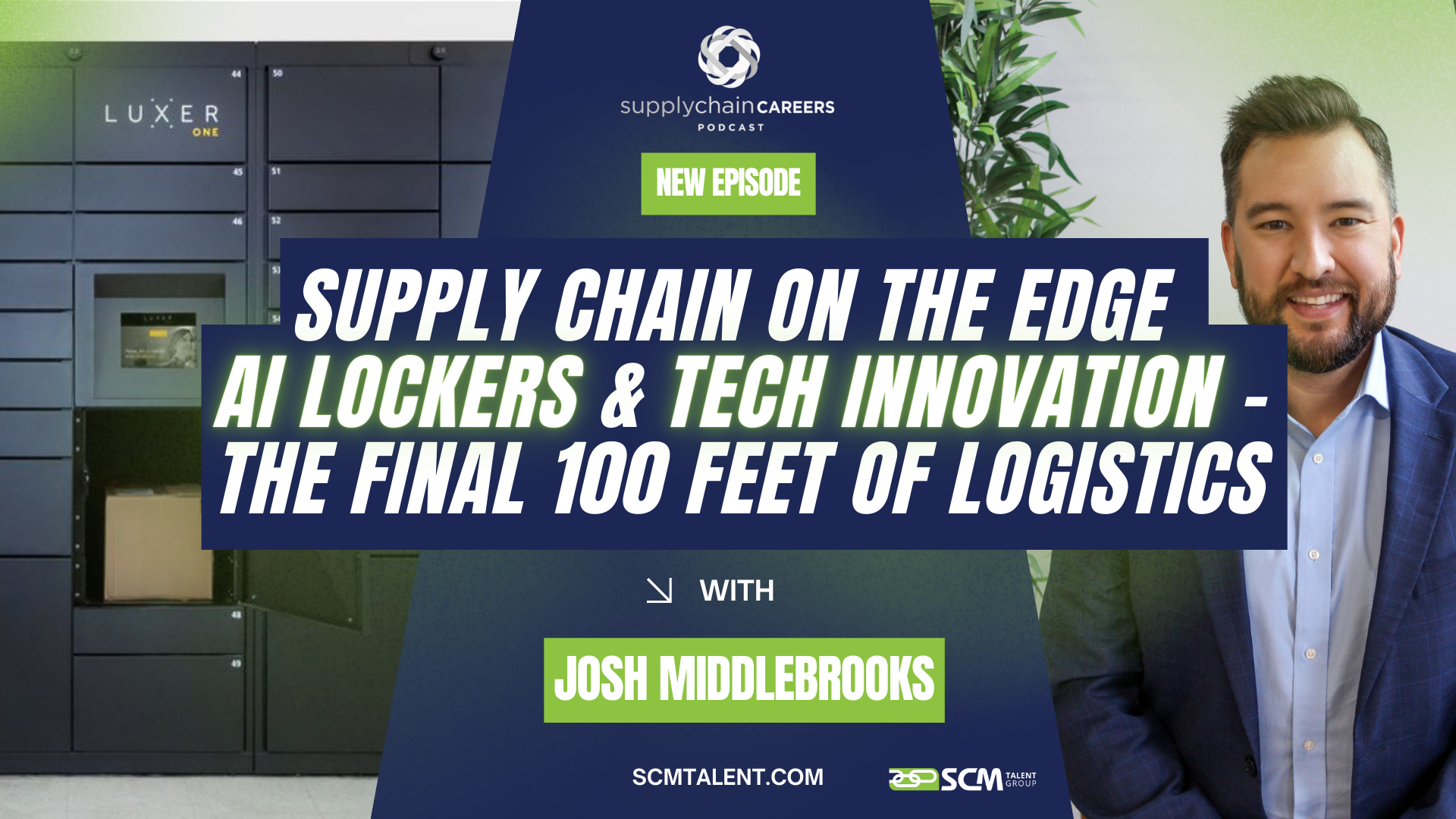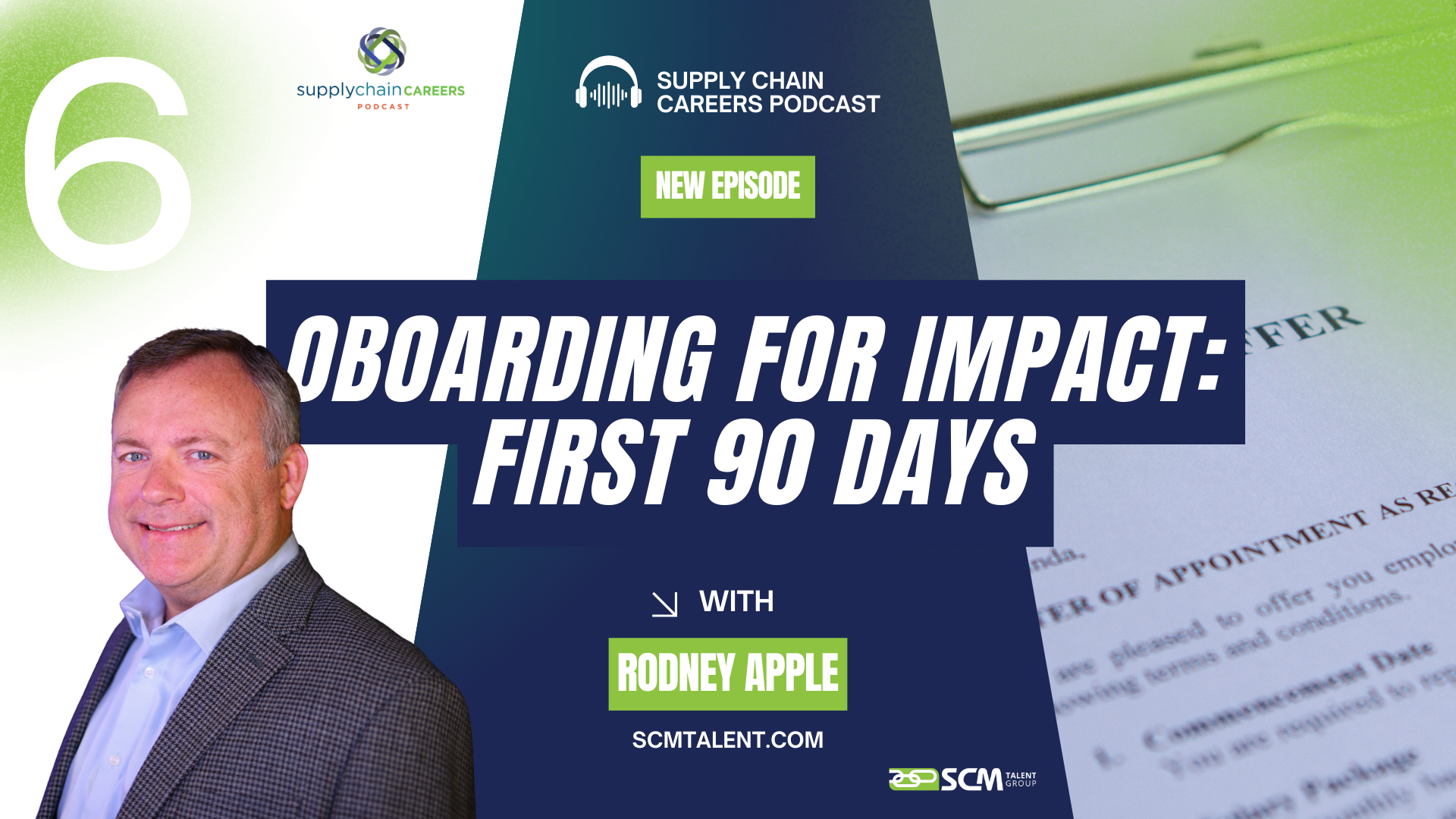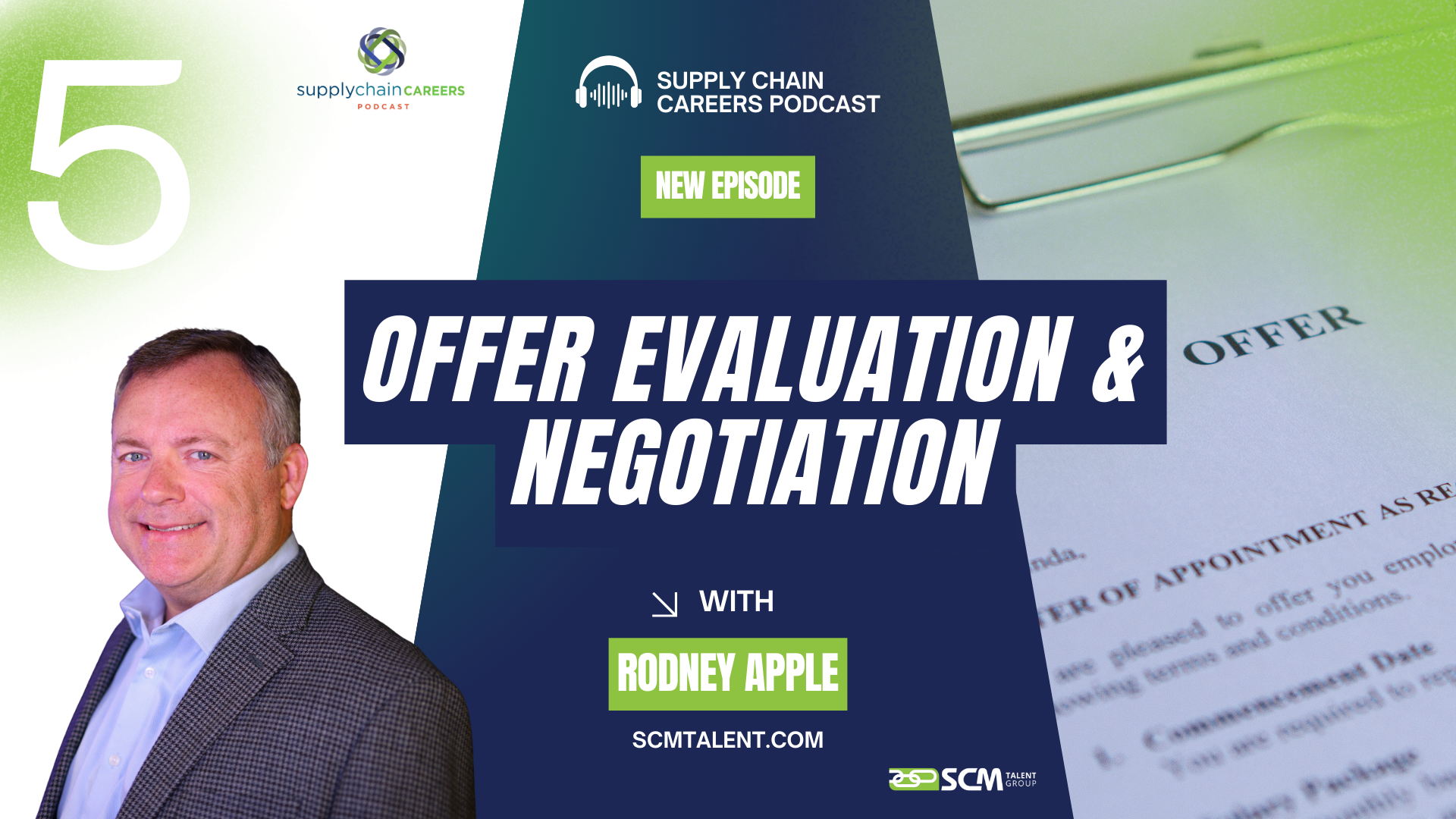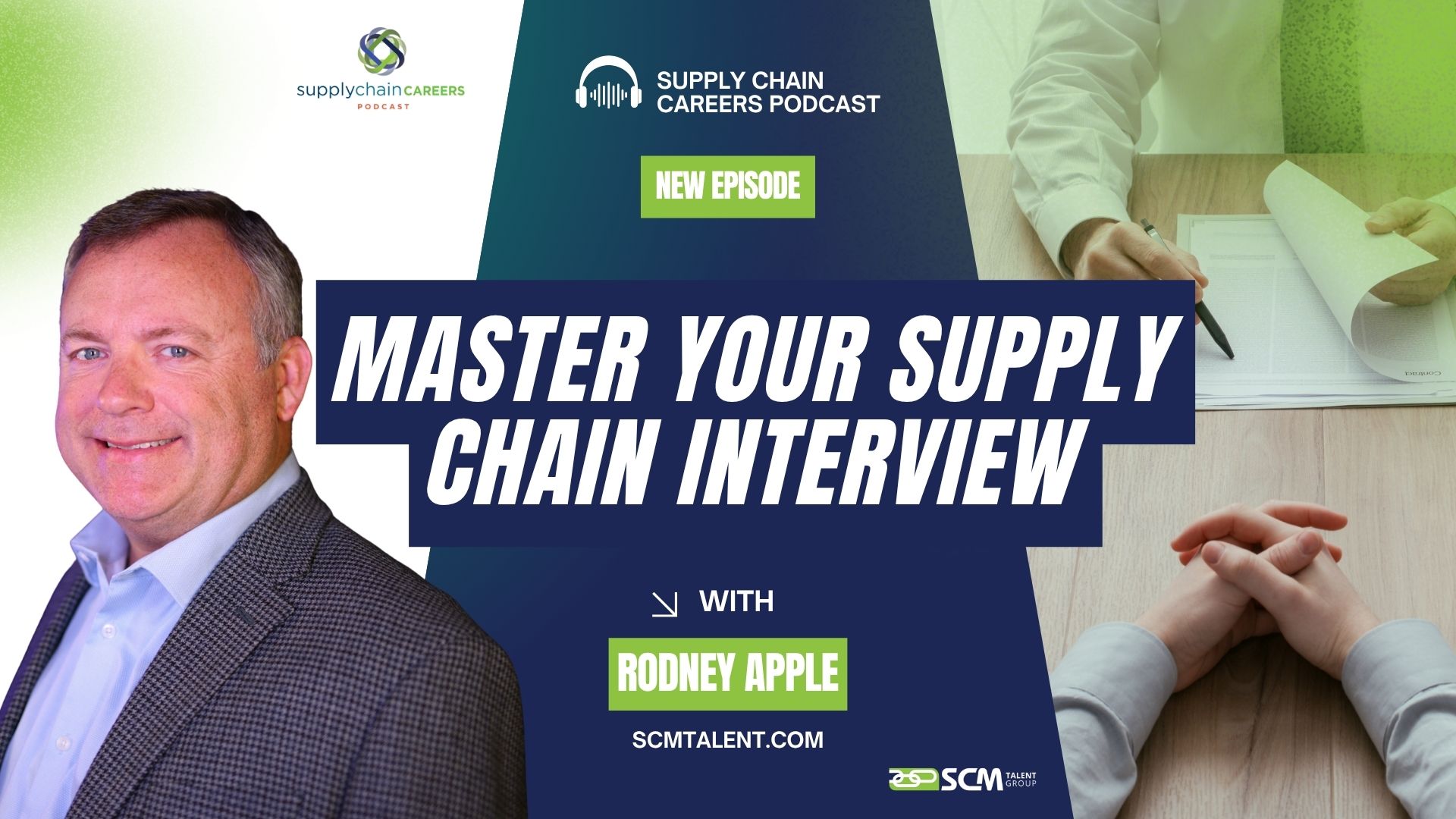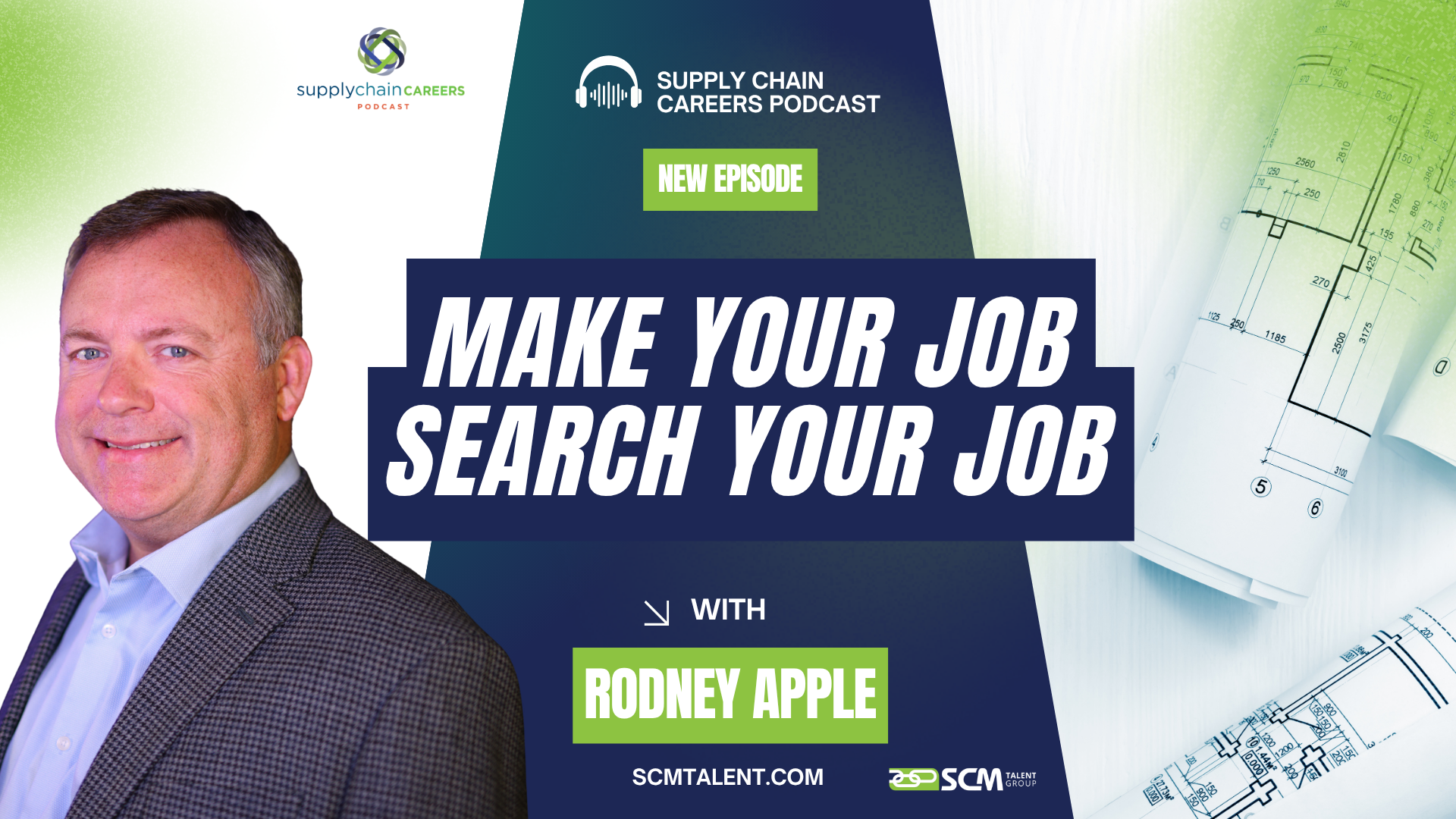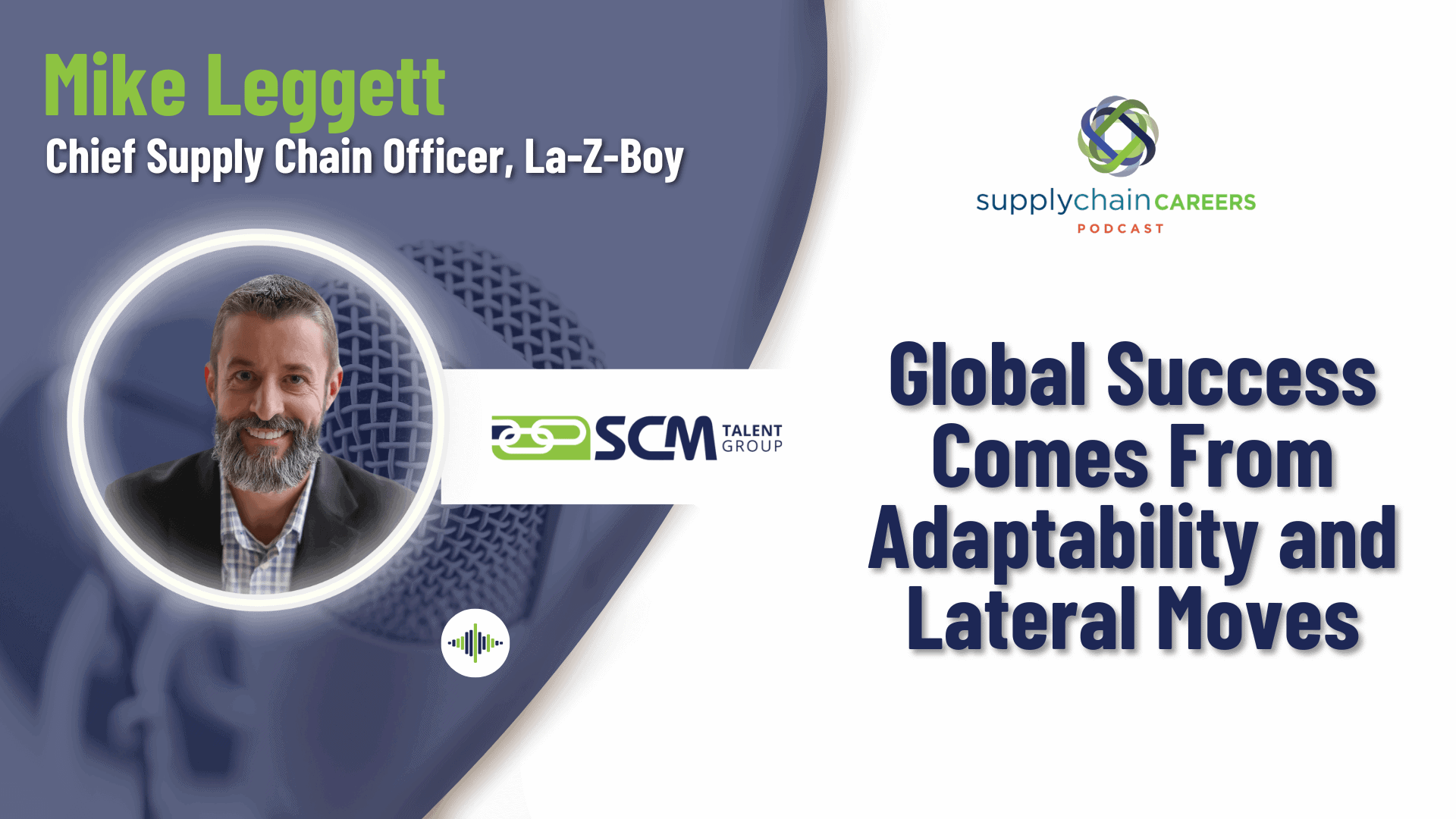
Mike Leggett, CSCO of La-Z-Boy on Changing Perspectives on Career Success
Finding a Passion for Supply Chain
Mike’s path to supply chain began almost by chance. Initially a finance major at Ohio State, an uninspiring internship led him to explore other avenues. Attending a Transportation Logistics Association meeting sparked his interest in supply chain, particularly when a speaker from Big Lots discussed the field’s potential. After consulting with a faculty advisor, Mike switched his focus, graduating with dual degrees in finance and transportation. He later joined Kimberly-Clark, where he quickly learned the value of versatility in supply chain management.
Navigating Industry Changes and Career Growth
One of the defining features of Mike’s career has been his ability to transition smoothly between different industries. His roles at Kimberly-Clark, Abbott, Masonite, and eventually La-Z-Boy each required a unique understanding of industry-specific supply chain challenges. At Kimberly-Clark, he worked in both healthcare and CPG sectors, learning supply chain intricacies within these fields. Later, a surprising shift to Masonite, a building materials company recovering from bankruptcy, allowed Mike to build supply chain processes from the ground up, giving him hands-on experience in transformational leadership.
Mike explained that working across industries taught him that while specific products differ, core supply chain principles remain consistent. This adaptability prepared him for his current role, where he oversees La-Z-Boy’s end-to-end supply chain and fosters continuous improvement in people, processes, and operations.
Changing Perspectives on Career Mobility
Reflecting on changes in supply chain careers over time, Mike observed that new generations prioritize stability over frequent relocations. Whereas he moved often for career progression, many early-career professionals now prefer to stay rooted in one city while climbing the corporate ladder. Despite this trend, Mike encourages today’s workforce to embrace diverse experiences within supply chain functions, as this breadth is critical for building a holistic understanding of the field.
Developing Leadership Skills: The Power of Mentorship and Feedback
Mike credits much of his leadership growth to strong mentors who emphasized the importance of humility and growth. As he progressed, he adopted a servant leadership style and established regular feedback mechanisms to foster transparency with his teams. Mike shared his practice of conducting biannual “start, stop, continue” feedback sessions, facilitated by HR, which provide his team with the chance to offer candid input on his leadership.
For future leaders, Mike advises cultivating curiosity and ethical integrity. He emphasizes that hiring for attitude and teaching technical skills often leads to the most successful teams. By hiring people who are eager to learn and adaptable, Mike ensures his team can thrive in the dynamic environment of supply chain management.
The Value of International Experience
Having worked internationally, Mike highlights the importance of cultural respect and relationship-building when managing overseas suppliers and teams. He stresses the need to adapt to local business customs, engage meaningfully, and show up prepared and present. This approach has proven essential in cultivating strong partnerships and fostering supplier accountability, especially as global supply chains face increasing disruptions.
Strategic Supply Chain Diversification Post-COVID
In a post-COVID world, companies are increasingly focused on diversifying their supply bases. Mike underscores the importance of establishing multiple points of supply, particularly for components like electronics that are often concentrated in specific regions, such as China. He believes that while diversification can increase costs, it ultimately strengthens supply chain resilience against geopolitical risks and natural disasters.
Leveraging Technology to Stay Competitive
Keeping up with rapid advancements in technology can be daunting, but Mike relies on industry events, podcasts, and a dedicated VP of Strategy to ensure La-Z-Boy’s supply chain remains agile and forward-looking. In his operations, Mike integrates automation through collaborative robots (cobots), which assist in repetitive tasks, enhancing employee satisfaction and safety. This targeted use of technology enables his team to focus on more meaningful work while improving operational efficiency.
Emerging Hot Jobs in Supply Chain
Discussing current trends in the job market, Mike notes that data analytics roles, especially those in sales and operations planning (S&OP) are in high demand. As companies grapple with vast amounts of data, the ability to interpret and apply insights is essential for successful supply chain operations. Additionally, there is a growing need for talent in operational roles, such as hourly workforce positions and mechanical engineering, which remain difficult to fill due to shifting interests among younger professionals who lean toward technology roles.
Advice for Aspiring Supply Chain Leaders
To close out the discussion, Mike shared timeless career advice: excel in your current role, as future opportunities will follow. He also emphasizes the importance of owning one’s career trajectory, seeking more responsibility proactively, and finding a mentor. Mike encourages regularly updating one’s resume with key accomplishments, making it easier to seize new opportunities without scrambling to recall past successes. Above all, he advises aspiring supply chain professionals to pursue roles that genuinely excite them, as supply chain careers demand resilience and curiosity.
Conclusion
Mike Leggett’s career journey from finance student to Chief Supply Chain Officer at La-Z-Boy illustrates the transformative power of curiosity, adaptability, and a commitment to continuous improvement. For those looking to build a career in supply chain, his insights serve as valuable guidance: embrace diverse experiences, prioritize relationship-building, and remain open to feedback. In today’s rapidly changing landscape, these qualities can set future leaders apart and prepare them for long-term success in supply chain management.
Who Is Mike Leggett?
Mike Leggett brings 25 years of supply chain operations experience to his role as Senior Vice President and Chief Supply Chain Officer at La-Z-Boy Incorporated. As CSCO, he leads global end-to-end supply chain operations, including manufacturing operations, distribution, sales and operations planning, sourcing, research and development, continuous improvement, quality, and customer care processes.
Before joining La-Z-Boy as CSCO, Leggett served as the VP, Global Supply Chain Operations at Dentsply Sirona, a global dental products manufacturer, providing supply chain leadership during the company’s transformation from a decentralized to a centralized matrix supply chain organization. Prior to that, Leggett spent eight years with Masonite International, a market-leading manufacturer of doors, serving in a variety of roles of increasing responsibility within the supply chain operations organization.
Leggett began his career at Kimberly-Clark and also worked for Abbott Laboratories.
Check Out Other Podcast Episodes:
Onboarding for Impact: Optimizing the First 90 Days on the Job
The job offer is just the beginning. You need to know what questions to ask so that you can properly evaluate and negotiate your offer.
2025 to 2026 Supply Chain Talent, Technology, and Career Outlook
The job offer is just the beginning. You need to know what questions to ask so that you can properly evaluate and negotiate your offer.
Offer Evaluation and Negotiation: Critical Guidance for Landing the Best Offer
The job offer is just the beginning. You need to know what questions to ask so that you can properly evaluate and negotiate your offer.
Master Your Supply Chain Interview: How To Impress Employers
Learn how to prepare for supply chain interviews from industry experts. Discover proven strategies to communicate your value, answer tough questions, and land the offer in this episode of the Supply Chain Career Catalyst podcast by SCM Talent Group.
Avoid the Spray-and-Pray: How to Execute a Supply Chain Job Search Strategy
Your supply chain job search strategy should involve making your job search your job. A clearly defined and planned process always wins.



